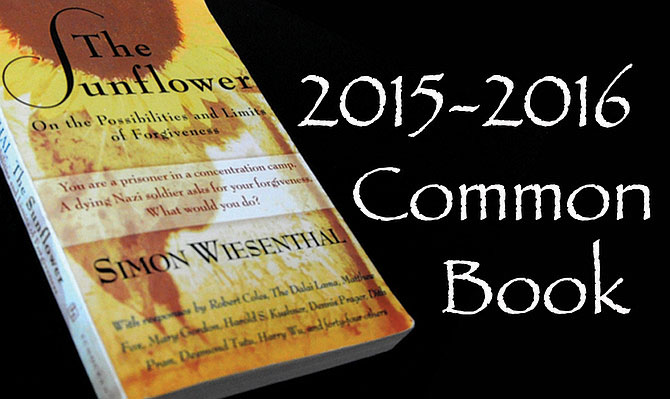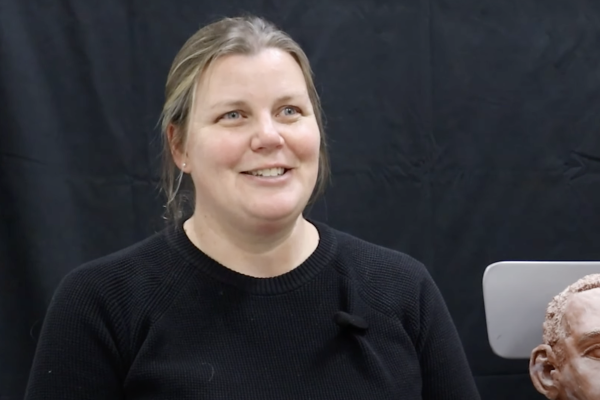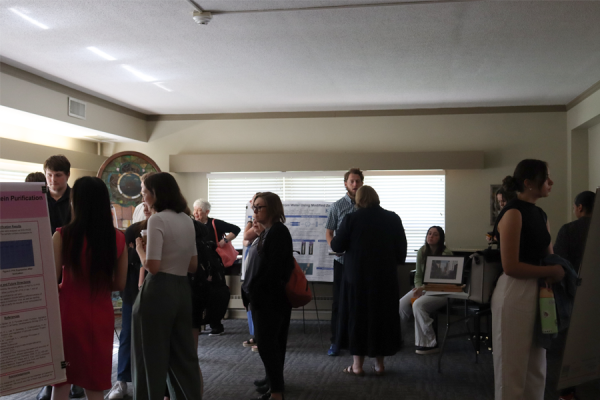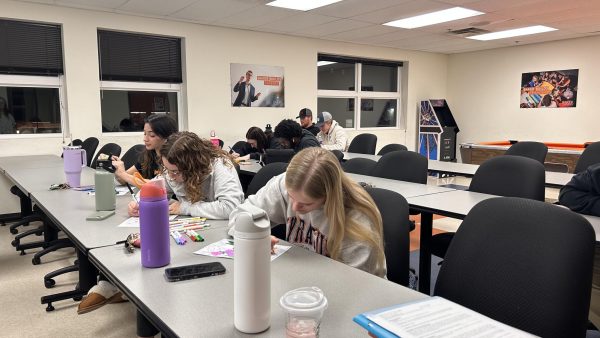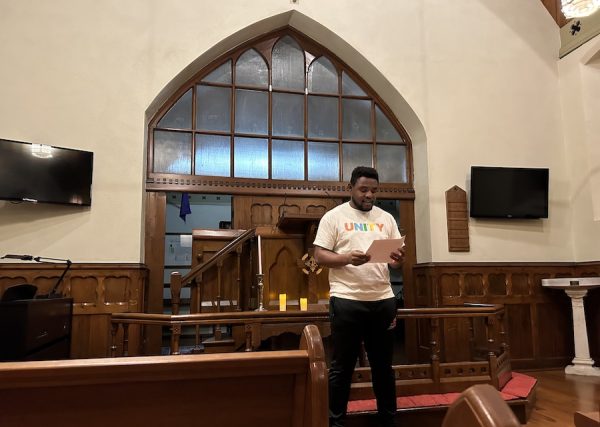‘The Sunflower’ announced as Common Book
March 9, 2015
The Baker University Common Reading Committee recently announced that The Sunflower by Simon Wiesenthal will be the 2015-2016 common book. In the book, Wiesenthal recounts his experiences as a survivor of a Nazi concentration camp, and 53 distinguished men and women respond to his questions concerning compassion and human responsibility.
“We invite the whole campus to read,” Dean of Students Cassy Bailey said. “So we call it ‘one book, one campus, one community.’”
Incoming students are given the book for free during summer orientation and are encouraged to read it before classes begin. All faculty, students, and community members are also invited to read the book and participate throughout the school year.
The tradition of a common book for students is popular among countless colleges and universities.
“What we look for in common books at Baker is that they are ‘non-fiction, accessible to students and have translatable themes’,” Bailey said.
The theme of The Sunflower concerns forgiveness. Bailey said forgiveness can be discussed in a large context, such as being a victim of the Holocaust, or in a more personal context, such as having to forgive a friend or family member.
Bailey said, ironically, she dreads reading the book. Bailey believes it is challenging to read about the events of the Holocaust and it feels like “a layer of soul is being removed” when reading.
“However, I am also committed to the second part with the ideas of forgiveness,” she said.
Although it did not happen this year, there is typically a speaker to complement the reading outside of the classroom. The Common Reading Committee is working to plan for Laura Waters Hinson to speak to the Baker community. Hinson is one of the filmmakers of As We Forgive. The film was the 2008 Gold Winner in the Student Academy Awards for best documentary.
Inside the classroom, the Common Book is used as a building block for freshman Salon curriculum.
“It is a unifying point of conversation for students,” Judy Smrha, the assistant dean for student engagement and success, said.
The common book for 2014-2015 was This I Believe, which is a compilation of essays from a variety of people about how they came to have their core values and beliefs.
“Since the stories were from real-life experiences, I think that made a difference to me as far as what I took from the class,” freshman Bailey Rockers said.
Some Salon instructors had their students make their own This I Believe essay at the end of the fall semester. This challenged students to put a thought or belief into words.
“Deciding on what beliefs I felt the strongest about was difficult, because you couldn’t just pick something you believed in,” Rockers said. “You additionally had to have examples of it to back up your statements.”
The common book could also come as a struggle for some Salon teachers. Because the book changes each year, they have to have a new curriculum instead of using the same or similar ones each year like they can in other courses.
“Every year is a new year – and that is both great and challenging,” Bailey said.
Smrha on the other hand said she personally likes changing things up and having a “freshness of materials” each year. The flexibility that comes with it allows her to better teach her class because of the variety of students that may be in it. However different the students in her class may be, when they are all graduating, they will have something they did together in common.
“The common book is definitely a program worth supporting,” Smrha said.



